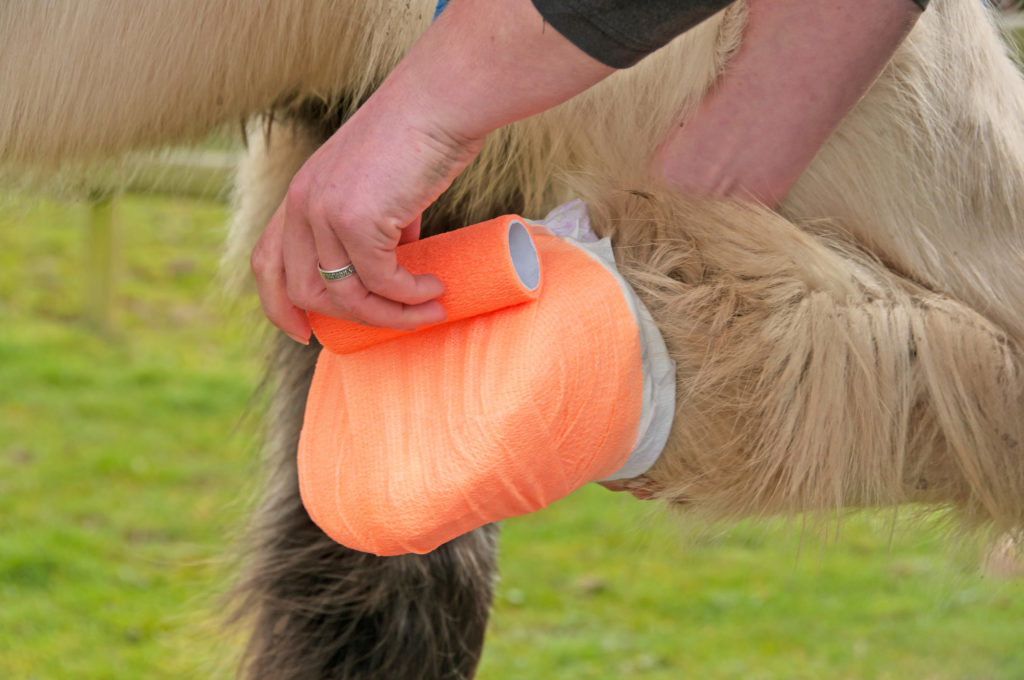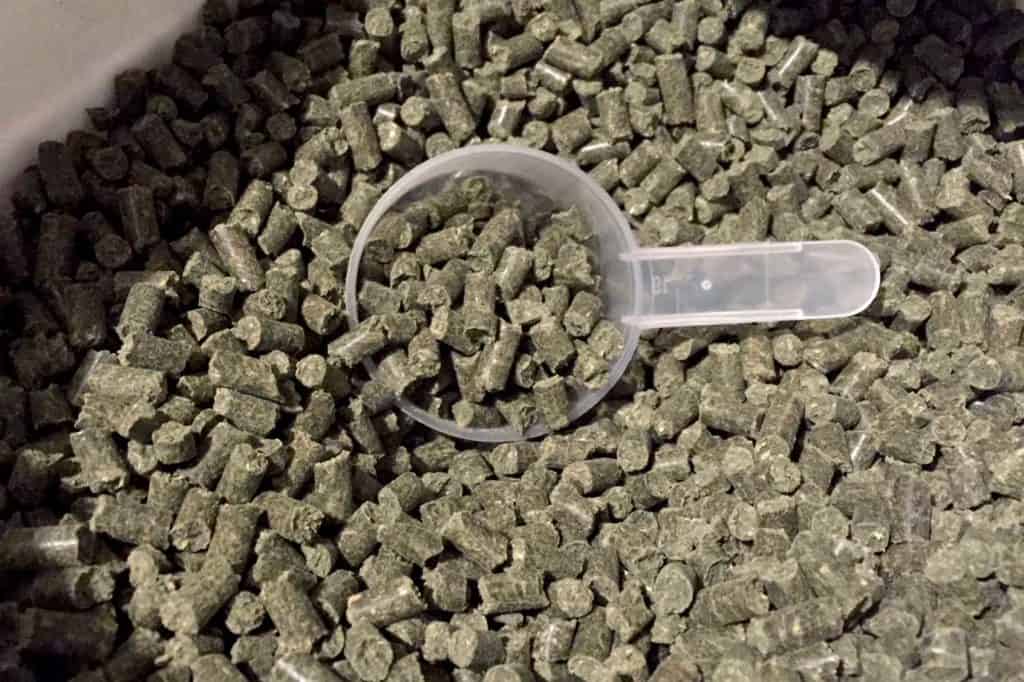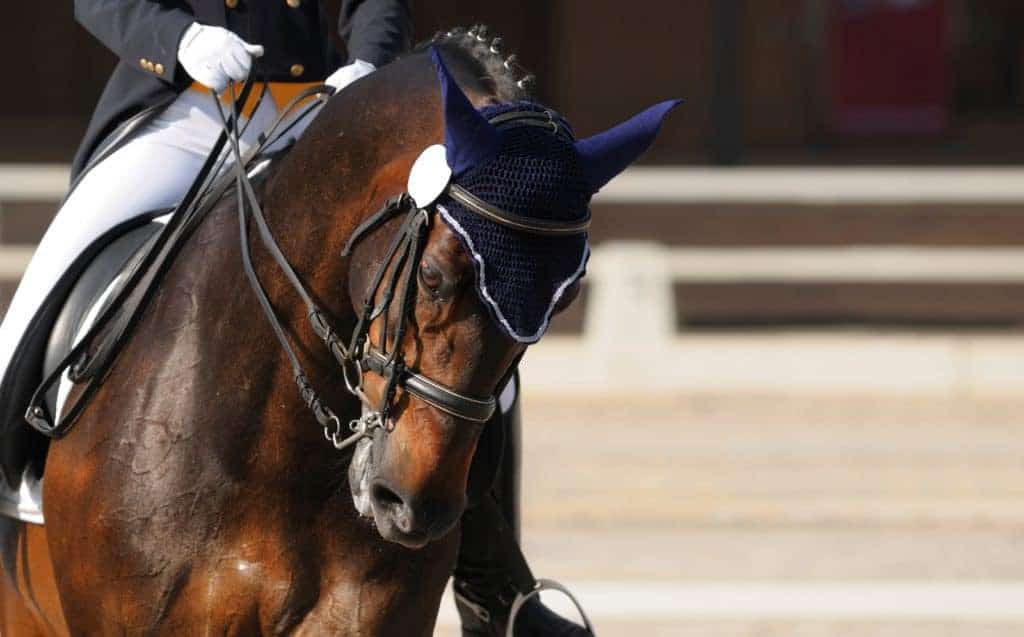
Horse Hoof Abscess Facts
Do abscesses occur more often in front or hind hooves? Do male or female horses recover from hoof abscesses quicker? When are abscesses most commonly diagnosed? Researchers found answers to these questions and more in a recent study.






























